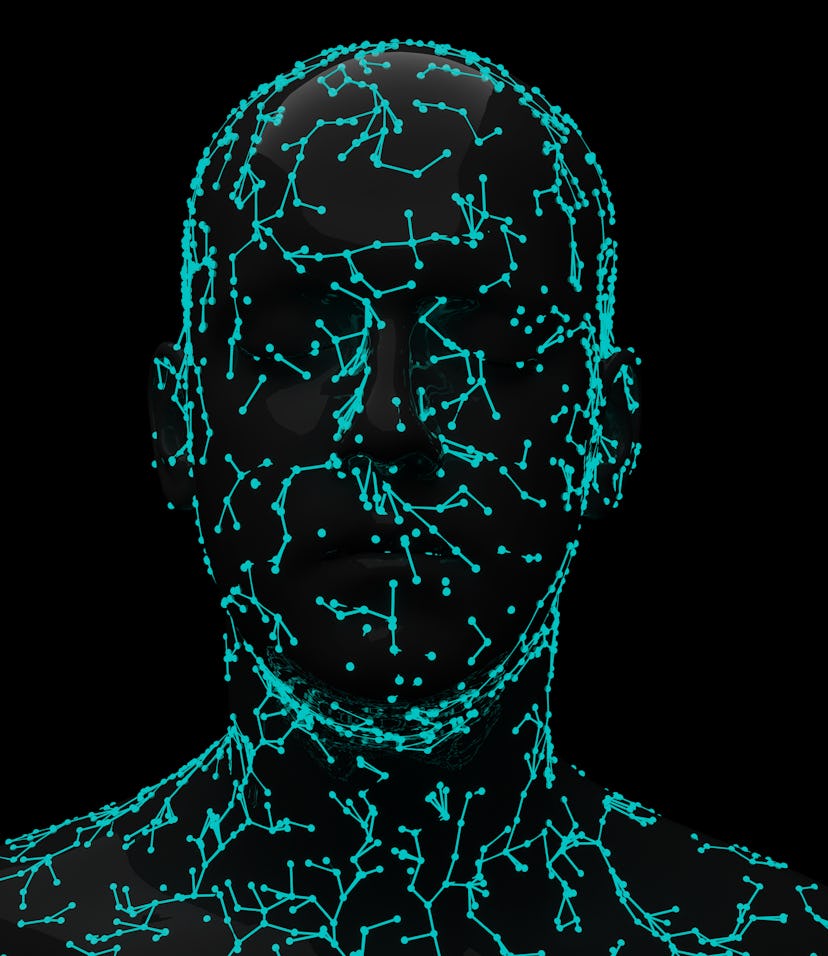Tech
Clearview AI has its hooks in law enforcement and retailers alike
Hoan Ton-That's unsettling quest to mine deeply personal biometric data is regularly used by thousands of law agencies and companies.

Time and again, we've noted that the facial identification startup Clearview AI appears to be an ethically dubious venture. The criticism isn't unfounded. The company, which rips photos off various social networks, has a troubling history of cozying up to the far-right while leaked internal emails show Clearview AI encouraging law enforcement to "run wild" with its software and experiment on friends and family.
In the tech world itself, Facebook, YouTube, Microsoft, and Twitter seem to practically hate the startup. To make matters somehow even worse, the company once falsely claimed that its software was ACLU-approved. In more recent terms, its client list — which carries photos belonging to billions of people — was stolen in a data breach.
Given these repeated ethical dilemmas, one would assume that companies and security agencies would hesitate to use Clearview AI. But that's not the case. After reviewing leaked internal documents, BuzzFeed News reports Clearview AI has its hooks deep inside thousands of law enforcement agencies, retail companies, and is used by individuals working at the FBI, Customs and Border Protection, Interpol, and even the "White House Tech Office" by one user in 2019.
Flood the scene — Clearview AI's founder, Hoan Ton-That previously claimed that the technology was decidedly meant for law enforcement agencies. But BuzzFeed News' report shows Clearview going beyond that. At least 2,200 law enforcement departments, retail companies and individuals use the software, the report notes, including agencies like ICE, the Department of Justice, Macy's, the NBA as well as employees at AT&T, Verizon, T-Mobile, and Best Buy.
What Clearview says — The documents were sent to BuzzFeed News by a Clearview employee who spoke on condition of anonymity as they feared retribution. In response to the report, the company's attorney Tor Ekeland denied the findings. "There are numerous inaccuracies in this illegally obtained information," Ekeland told BuzzFeed. "As there is an ongoing federal investigation, we have no further comment."
Carte blanche — In spite of proposed bills, there are no federal laws governing the implementation of facial recognition software. In other words, Clearview AI has legal carte blanche to do as it pleases. And it does just that. Had there been federal legislation in place that actually respected and guarded citizens' privacy, it would be hard to imagine Ton-That's startup operating so openly — and rather shamelessly.